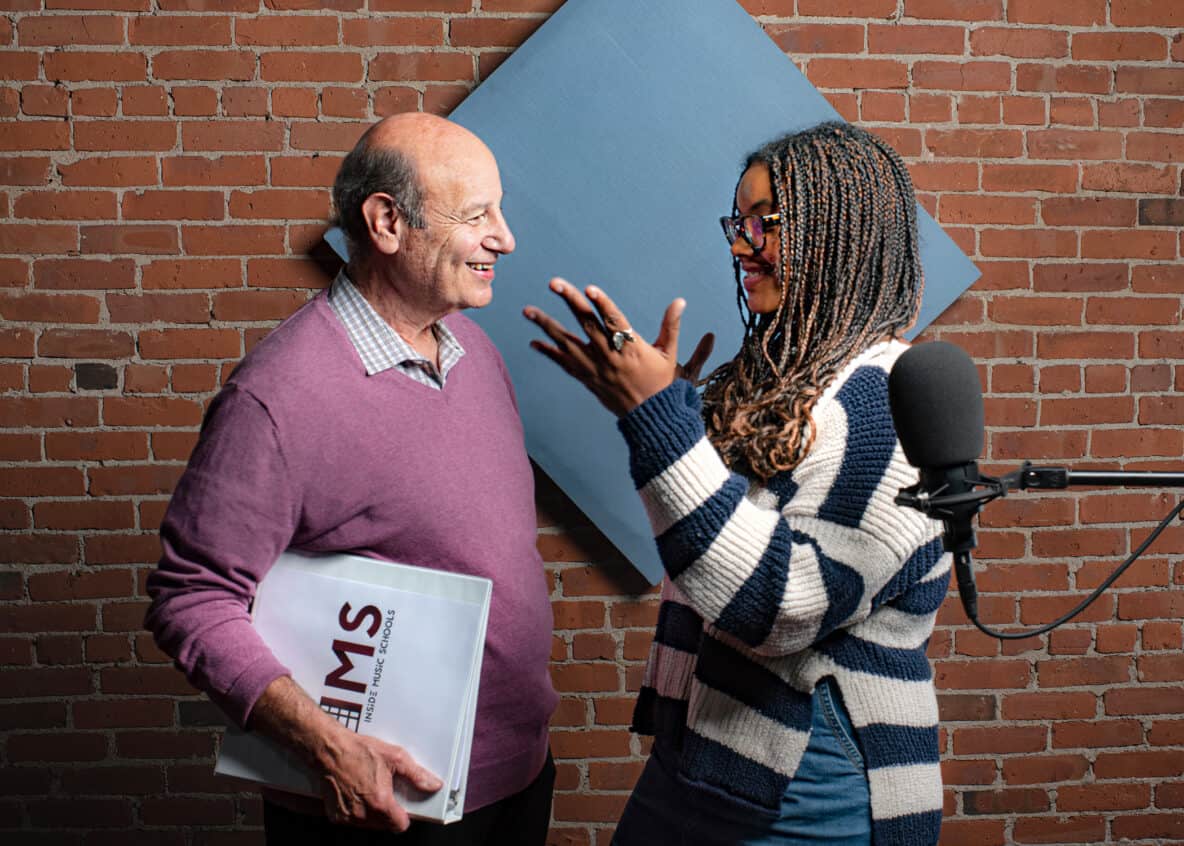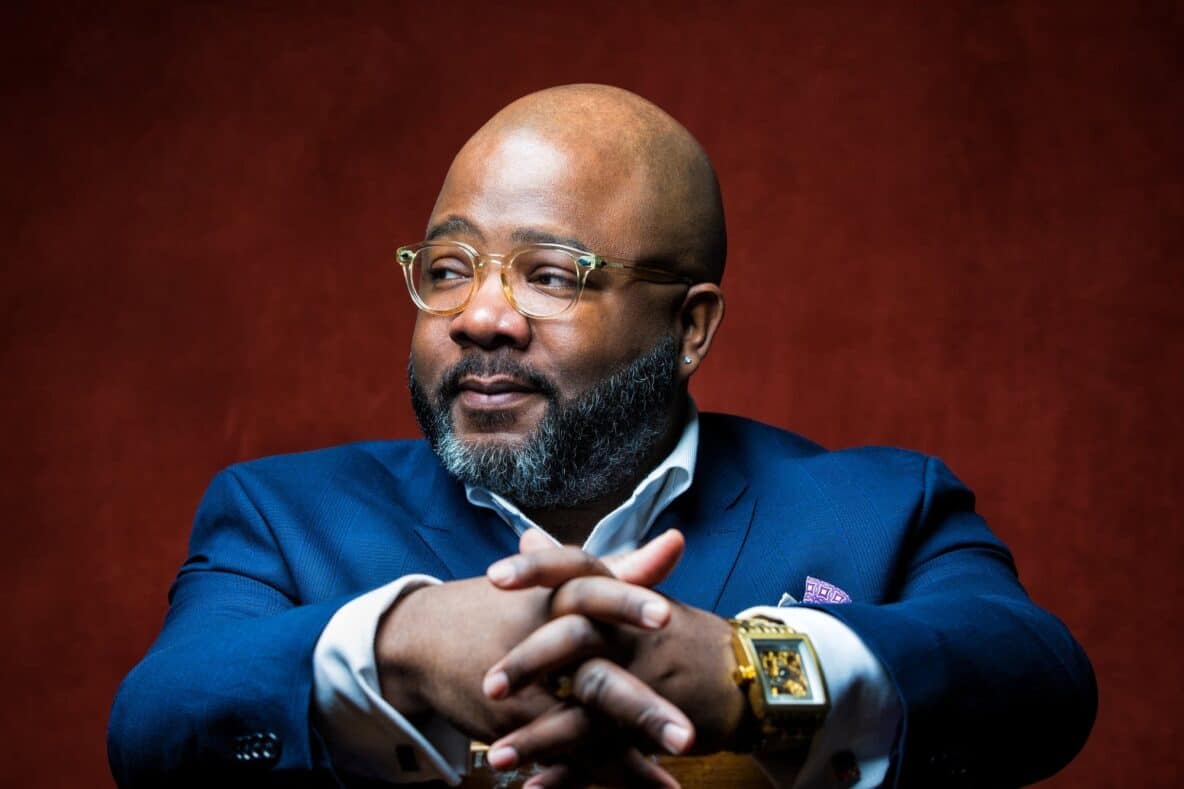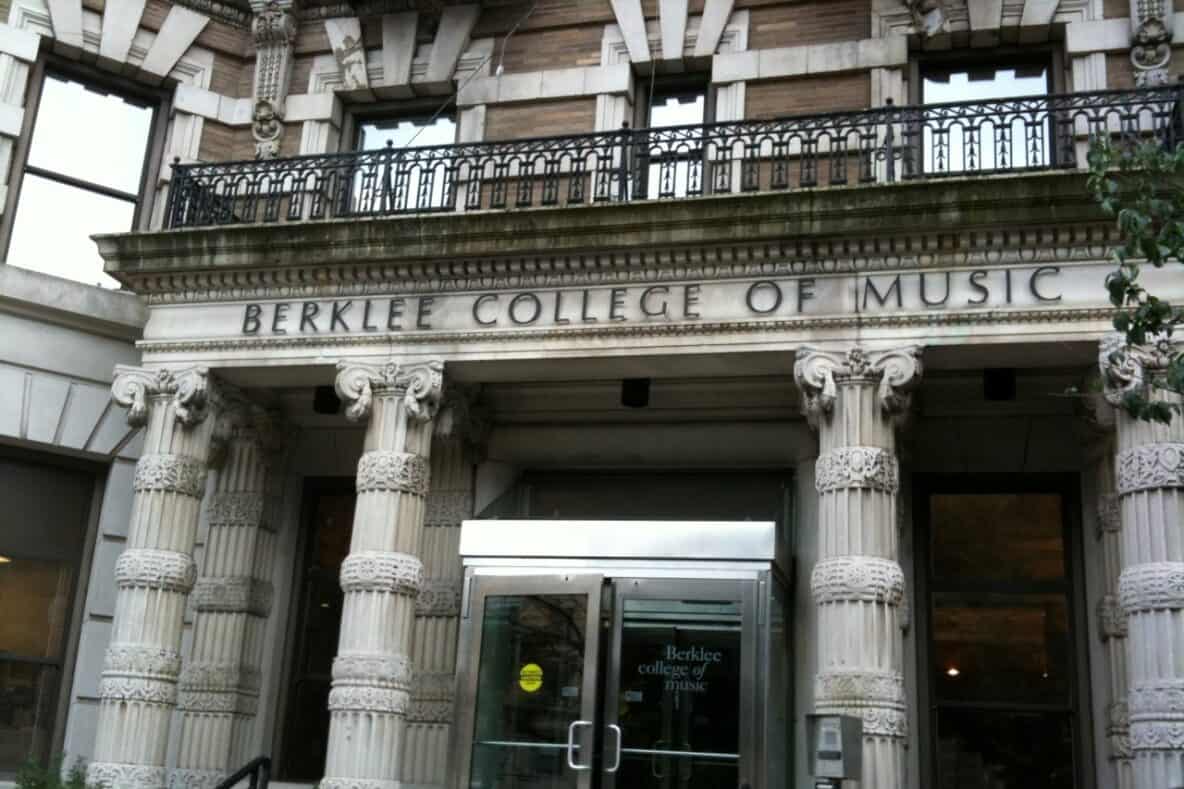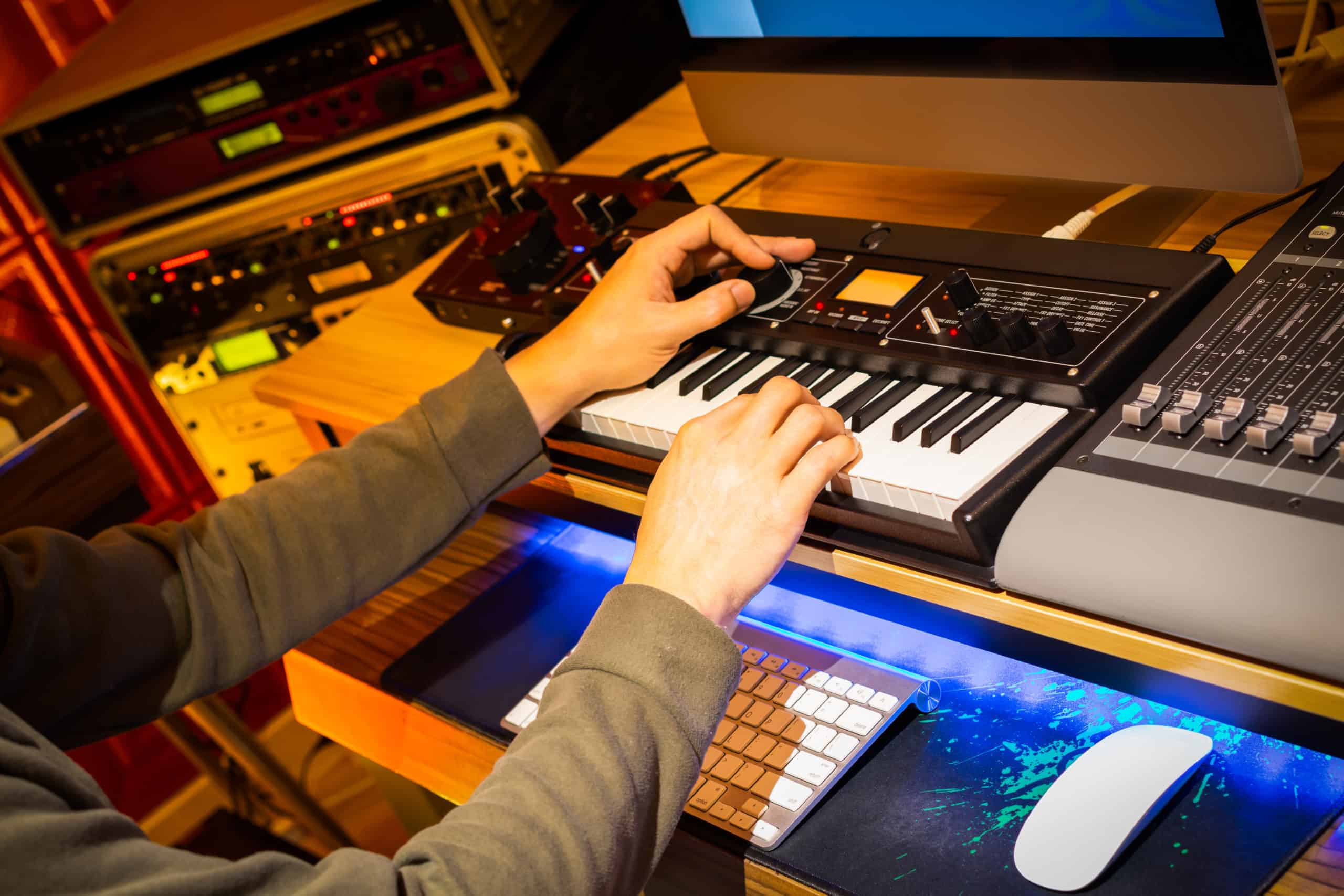Steven Lipman Interview
This interview speaks to Steven Lipman's time at Berklee, and offers an inside look at the thought process behind being the head of admissions at a major University. This interview also speaks to the heart and passion he possesses, and offers a detailed look at the mentality behind his consulting company, Inside Music Schools.




